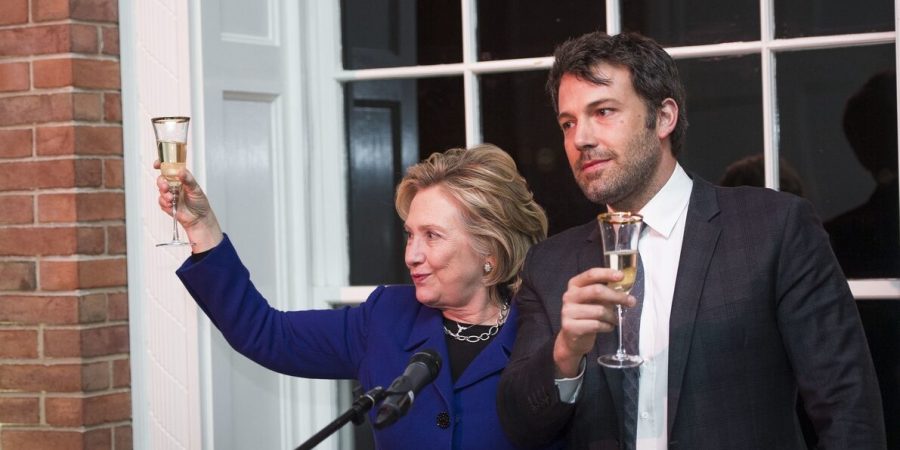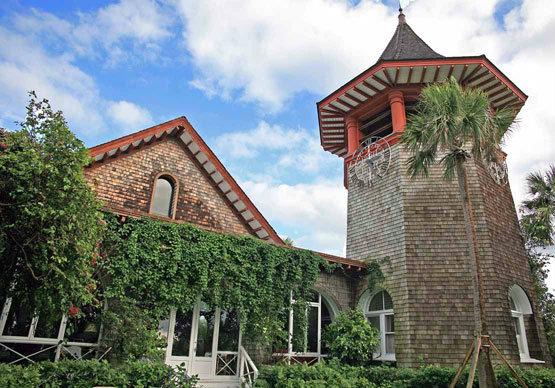In his book Citizen Hollywood, Timothy Stanley explores the long standing relationship between Hollywood and Washington. He opines that Hollywood “Created the template of Obama’s presidency with The West Wing. The symbiotic relationship between the modern Democrats and Sorkin’s political TV show is extraordinary.” Having spent the last year in Washington, I can attest that ‘What Would Bartlet Do’? is as much a running joke as a contemplative call for integrity in the Oval Office. Ironically, Stanley remarks that the show’s writers actually based the character of Bartlet’s successor, Matt Santos, on a then little known Illinois senator named Barack Obama.
In 2009’s Poliwood, director Barry Levinson followed both parties, and the many movie stars who supported them, along the campaign trail to the respective conventions. It was an eye opening documentary of just how much power and influence is exchanged between these two significant influences on American media, pop-culture, and public opinion.
Today’s top celebrities are activists, advocates, and Ambassadors; lending their star power to issues of social change. Just over a week ago, actress Emma Watson delivered what has repeatedly been described as a “game-changing” speech about sexism at the United Nations New York headquarters, launching the UN’s HeForShe campaign for gender equality. This past spring, we hosted a dinner party for a mixed crowd of Poliwood stars, Heads of State, and funders in support of Ben Afflecks’ Eastern Congo Initiative. Supported by Secretary of State Hillary Clinton and focused on helping kids around the world, Affleck’s goal is that every child live to see their fifth birthday. This year more than 7 million children, mostly in Africa, will die before reaching that milestone.
And there’s the financial connection. For politicians, a Beverly Hills dining room filled with ultra-rich, visible supporters is a no-brainer. For films, incorporation into the political conversation lends legitimacy and a must-see perception. “D.C. is filled with people who have an outsized impact on the conversation about a film,” says Michael Feldman, a managing director of the Washington, D.C.-based PR firm The Glover Park Group. Kimball Stroud, a former political campaign fundraiser says “As more and more films are dealing with advocacy and social change, filmmakers are realizing that D.C. is a place that these films need to be seen.”
Last year’s Oscar race marched right down the Mall to the Capital door step with films like “Argo,” “Zero Dark Thirty” and “Lincoln,” hosting a number of Washington events to capitalize on their relevancy and garner support. And who wasn’t awed by first lady Michelle Obama announcing the Academy Award for best picture? This year, it was Actress Lupita Nyong’o and director Steve McQueen, from 12 Years a Slave, along with Kerry Washington from Scandal who held court with the Presidential couple at the White House Correspondent’s Dinner. It was a strong statement of support for these African American stories.
But, most of all, Stanley notes, “the symbiotic relationship has shaped the imaginations of Americans and given them a sense of what politics ought to be about in both style and substance. The modern politician is a star playing an archetype: rugged individualist, superhero, matinee idol.” Our imaginations have also been shaped by the less-than-flattering characters. One has to admit there’s a bit of Bill in Fitz, and we’re sure there are a few Underwoods lurking in the halls. Hopefully, there’s a Jack Bauer out there somewhere diverting tragedy of epic proportions.



